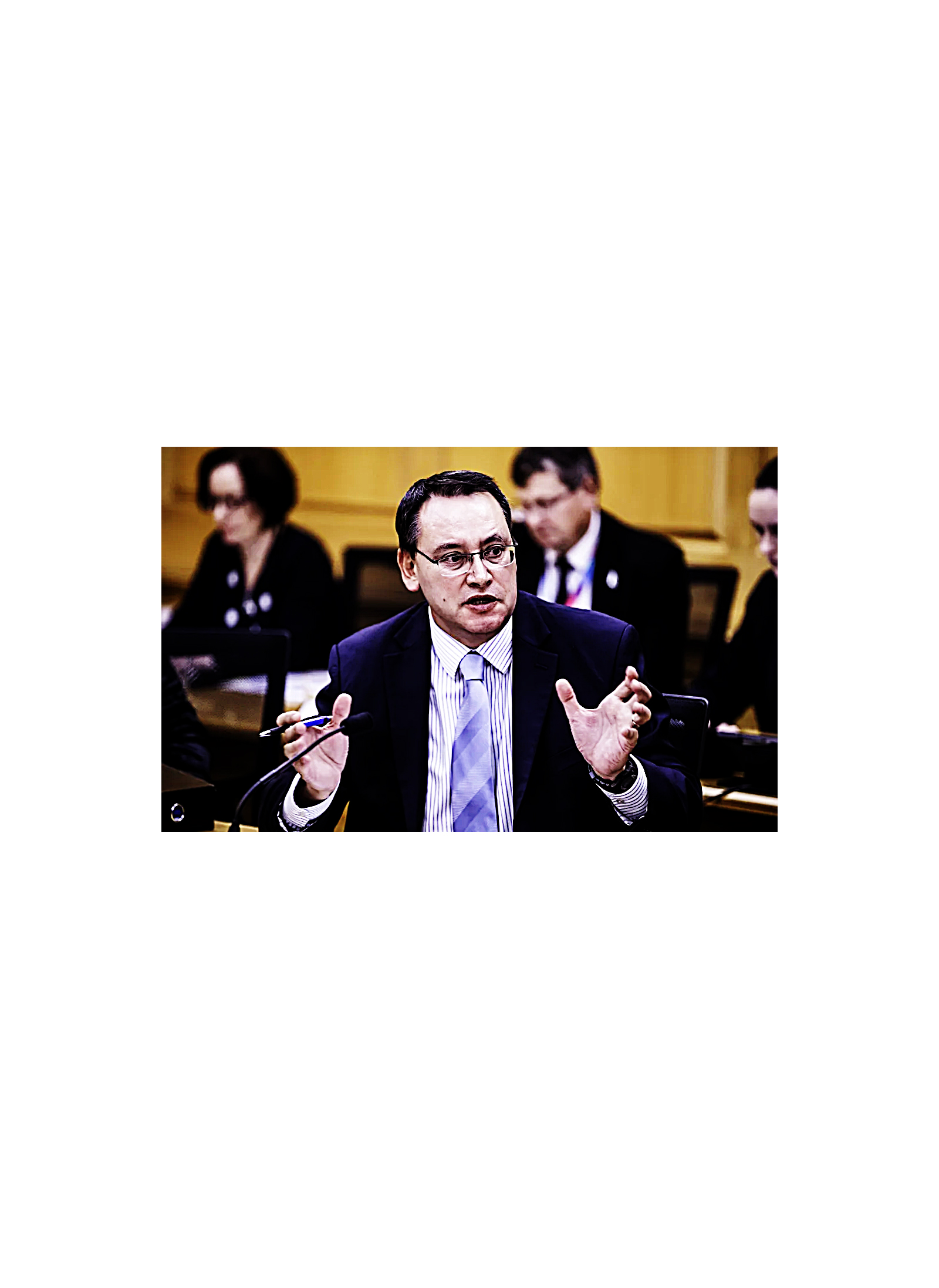In a move that has ignited intense debate and drawn both criticism and support, Parliament has officially passed legislation to disestablish the Māori Health Authority. The Pae Ora (Disestablishment of the Māori Health Authority) Amendment Bill, introduced under urgency, has traversed the legislative journey swiftly, securing approval during the third reading with 68 votes in favour and 54 against.
This landmark decision marks a significant shift in New Zealand’s health policy, sparking conversations about the implications for addressing Māori health disparities and the broader relationship between the government and indigenous communities. The urgency with which the bill progressed through Parliament has fuelled concerns, with critics questioning the need for expediency in a matter of such substantial consequence.
The first two readings, conducted with the support of the three coalition parties on Tuesday, set the stage for a robust debate. The bill’s introduction under urgency prompted cries of outrage from the opposition, who voiced apprehensions about potential setbacks in addressing systemic inequities in Māori healthcare. Advocates for the Māori Health Authority argue that its establishment was a crucial step toward fostering culturally responsive services and addressing longstanding health disparities.
Health Minister Dr. Shane Reti defended the urgency, describing the bill as a “narrow” one that had been extensively discussed during the campaign trail. He highlighted that the legislation aligns with the government’s hundred-day commitment and emphasized its intent to usher in a new era of outcomes-driven healthcare. Dr. Reti acknowledged the conclusion of the Māori Health Authority’s envisioned path but painted a hopeful picture for the future.
In his address, Dr. Reti envisioned an outcomes-driven approach that promotes greater devolved decision-making in healthcare. He expressed a desire to deliver healthcare as close to homes and hapū as possible, emphasizing the importance of retaining the organizational expertise within the Māori Health Authority. The Minister urged the authority’s staff to join in guiding and collaborating on a new direction aimed at achieving better health outcomes.
However, Labour’s Peeni Henare, Associate Spokesperson for Health, saw the bill through a different lens. He labelled it as part of the “three-headed taniwha,” a metaphor pointing to the coalition government’s perceived regressive Māori policy agenda. Henare pointed to the crucial role played by Māori organizations during the pandemic, citing the vaccination efforts of Te Aka Whai Ora as evidence of its broader contribution to the nation’s well-being.
The decision to disestablish the Māori Health Authority has sparked controversy, and critics argue that the rapid pace of legislative action limits thorough examination and public discourse on such a significant matter. The concerns voiced by opposition members highlight the delicate balance between expediency and the need for comprehensive scrutiny, especially on issues with far-reaching consequences.
As the bill clears its final legislative hurdle, the focus now shifts to the ramifications for New Zealand’s healthcare landscape. The government’s commitment to an alternative vision for healthcare, underscored by a desire for outcomes-driven services, signals a departure from the Māori Health Authority’s initial path. This shift prompts reflection on how health outcomes and cultural responsiveness will be prioritized moving forward.
The discontinuation of the Māori Health Authority marks a pivotal moment, inviting scrutiny and discussion on the path ahead. In the wake of this decision, ongoing dialogue and collaboration will be essential to ensure that the health needs of Māori communities are effectively addressed. As the contours of New Zealand’s health policy evolve, navigating the complexities of indigenous health and equitable service delivery remains a critical challenge for policymakers and advocates alike.
-TIN Bureau



